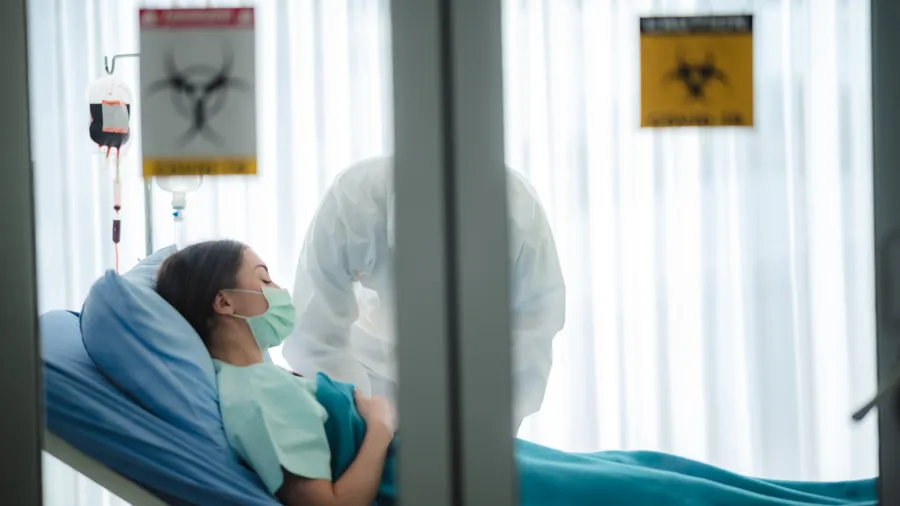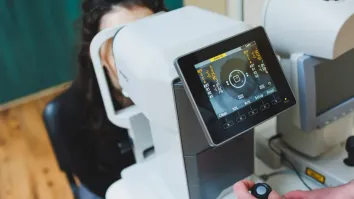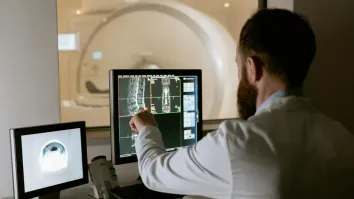
What factors can restrain bio-detection market growth?
The global bio-detection market is poised to grow at a CAGR of 15.2%.
A lack of knowledge and resources for disease prevention, tight financial means, and insufficient infrastructure, contributing to the prevalence of infectious diseases are the barriers holding back the potential of the global bio-detection market, according to a report by Technavio.
The report revealed that the global bio-detection market is positioned to rise by $16.84b until 2028 at an estimated compound annual growth rate (CAGR) of 15.2%.
“Countries such as Afghanistan and Bangladesh struggle with outdated technology and inadequate policies for delivering healthcare services. The stigma surrounding conditions like sexually transmitted diseases (STDs) further discourages testing and treatment,” the report said.
Moreover, the market is burdened by the high cost of biodetection instruments and the need for continuous innovation to keep up with emerging threats.
Technologies such as microfluidics-based and electrochemiluminescence-based biodetectors may have a leading presence in the market, yet barriers persist in detecting low-level agents and achieving lower detection limits.
“These challenges, including high mortality and morbidity rates, a shortage of skilled healthcare personnel, and inadequate healthcare systems, will hinder the expansion of the global bio-detection market during the forecast period,” the report added.



















 Advertise
Advertise





